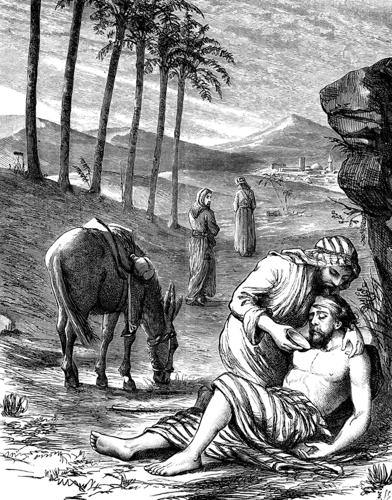Luke 14:28-30 For which of you, desiring to build a tower, does not first sit down and count the cost, whether he has enough to complete it? Otherwise, when he has laid a foundation and is not able to finish, all who see it begin to mock him, saying, ‘This man began to build and was not able to finish.’
Jesus described the all-too-familiar problem of lowballing estimates for projects. In a corporation, it’s common practice to preach cheap to management then ask for leniency when there are cost overruns. And given the miserly control and fear of investment among C level executives, it is arguably the only way to get anything meaningful and substantial done. Projects are treacherous ground even so because funding can be pulled any time. Monies are counted quarterly no matter what projects are happening. I will personally testify about 60% of my projects being canceled before completion, with people who were vital to those projects summarily laid off.

But this mini-parable is applied to a life following Jesus. The level and cost of a lifelong commitment is often underestimated. If you’re going to put parents, family or life’s pursuits ahead of your devotion to Jesus Christ, don’t bother saying you’re his disciple. The balance here is that devotion to Christ will make you love your family even more. It’s a matter of what reigns supreme. And in this passage, Jesus stresses the long-term nature of a life given to him. If your weariness causes you to abandon following him, you failed in your original estimate of cost. Those around you who said it was only a phase are proven right in what they said.
There is no management to appeal to in order to increase corporate commitment to the project called my life. Jesus paid for that life on the cross once for all. It’s never the case that there isn’t help for me to continue in my following him or in all he’s called me to. But there is also a giving up I can fall into if I try to do things on my own too much, things don’t go my way or my resilience is so low that fatigue makes me simply walk away. Following Jesus, carrying my particular cross and letting him mold me into all he wants me to be is a lifelong project. Indeed, I am his project. For life. May I finish (or be finished) well.








